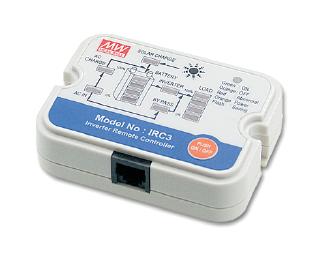IRC1802: Features: · IrDA 1.x, HP-SIR, and Sharp ASK compliant·Supports all IrDA data rates up to Very Fast IR (VFIR), 16 Mb/s· High performance hardware based IrDA SIR Link Access Protocol (IrLAP)· Host Dir...
floor Price/Ceiling Price
- Part Number:
- IRC1802
- Supply Ability:
- 5000
Price Break
- Qty
- 1~5000
- Unit Price
- Negotiable
- Processing time
- 15 Days
SeekIC Buyer Protection PLUS - newly updated for 2013!
- Escrow Protection.
- Guaranteed refunds.
- Secure payments.
- Learn more >>
Month Sales
268 Transactions
Payment Methods
All payment methods are secure and covered by SeekIC Buyer Protection PLUS.

 IRC1802 Data Sheet
IRC1802 Data Sheet







